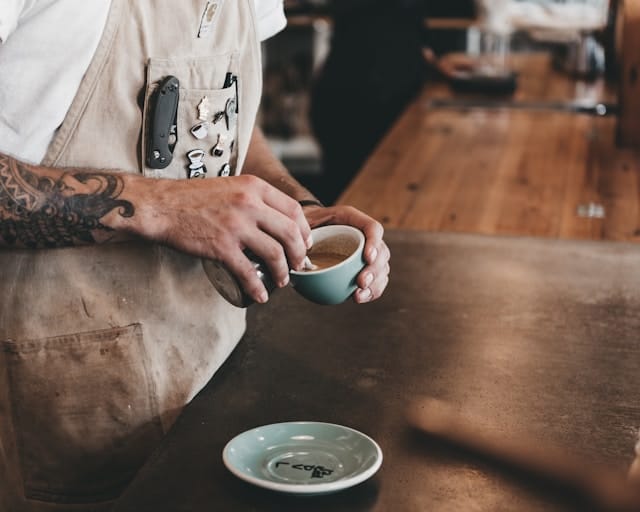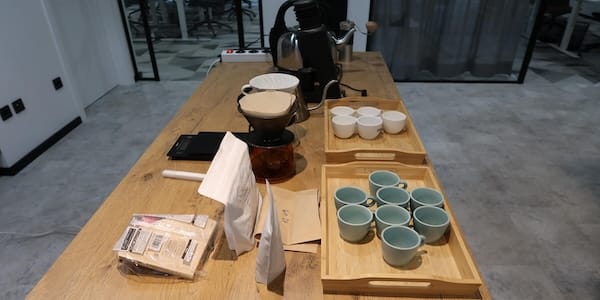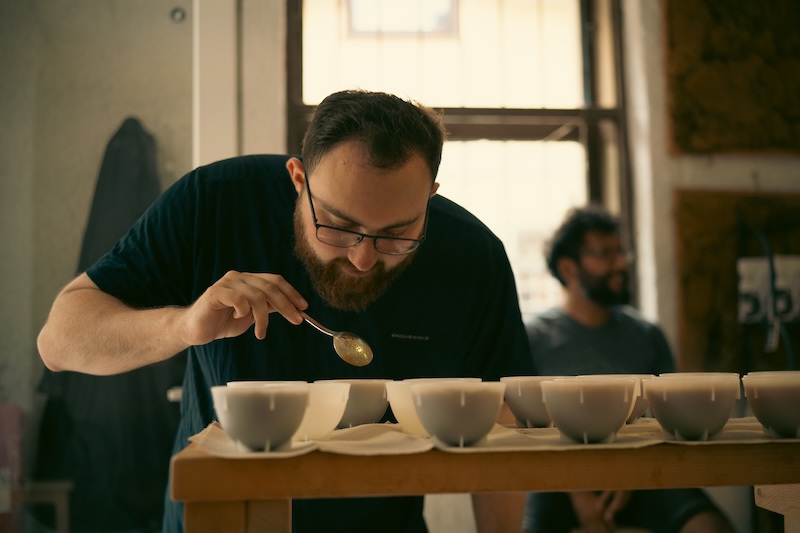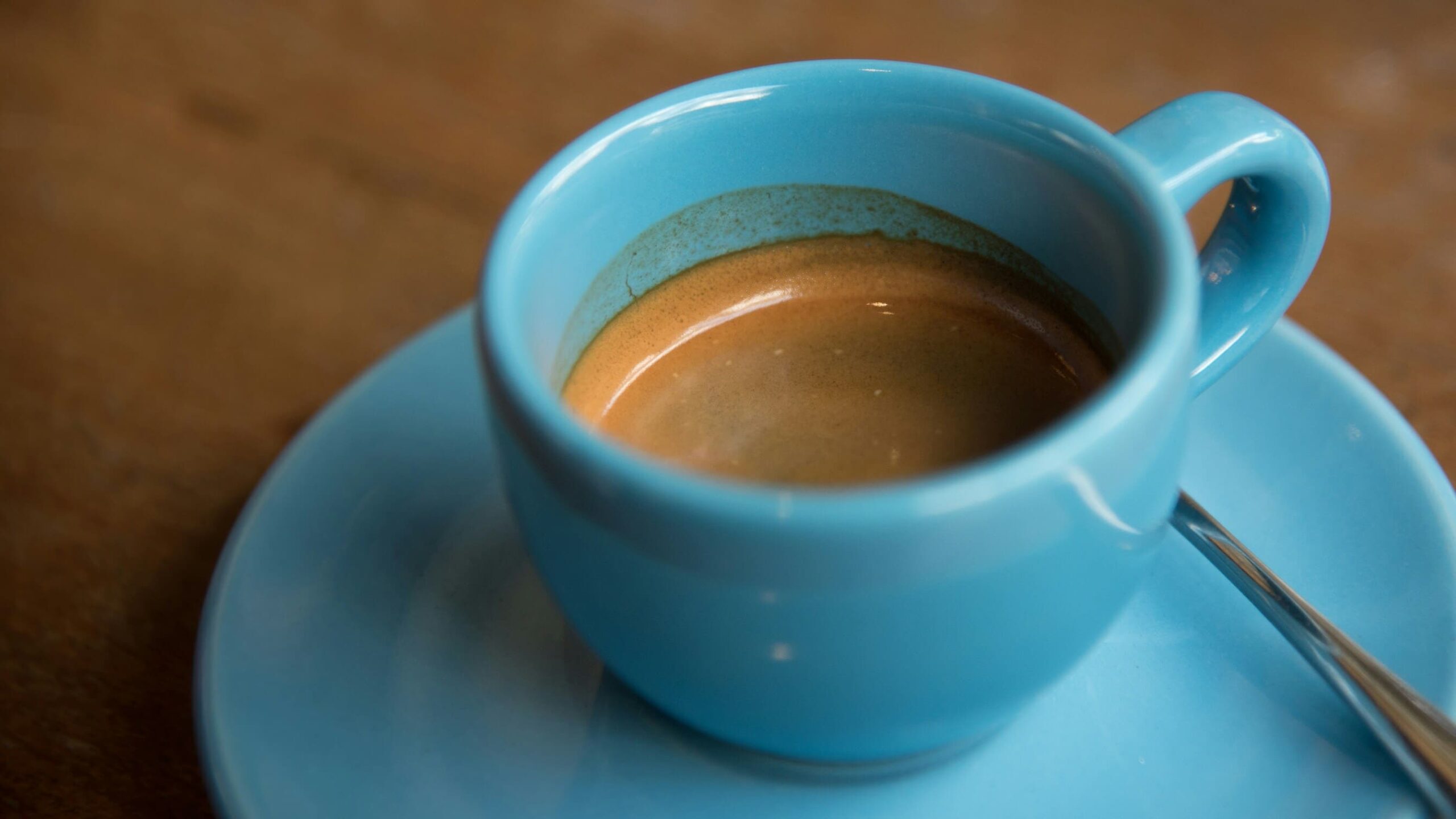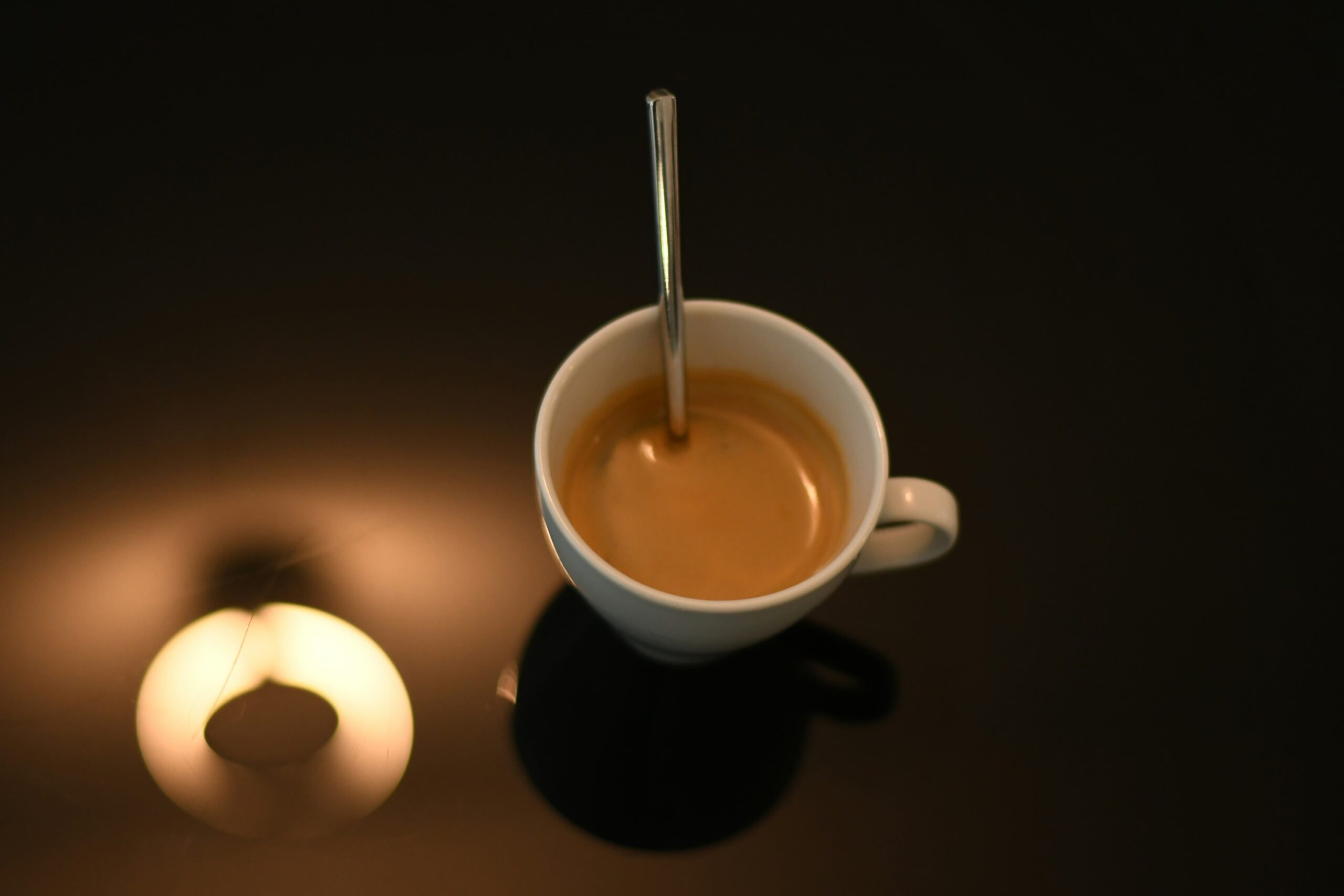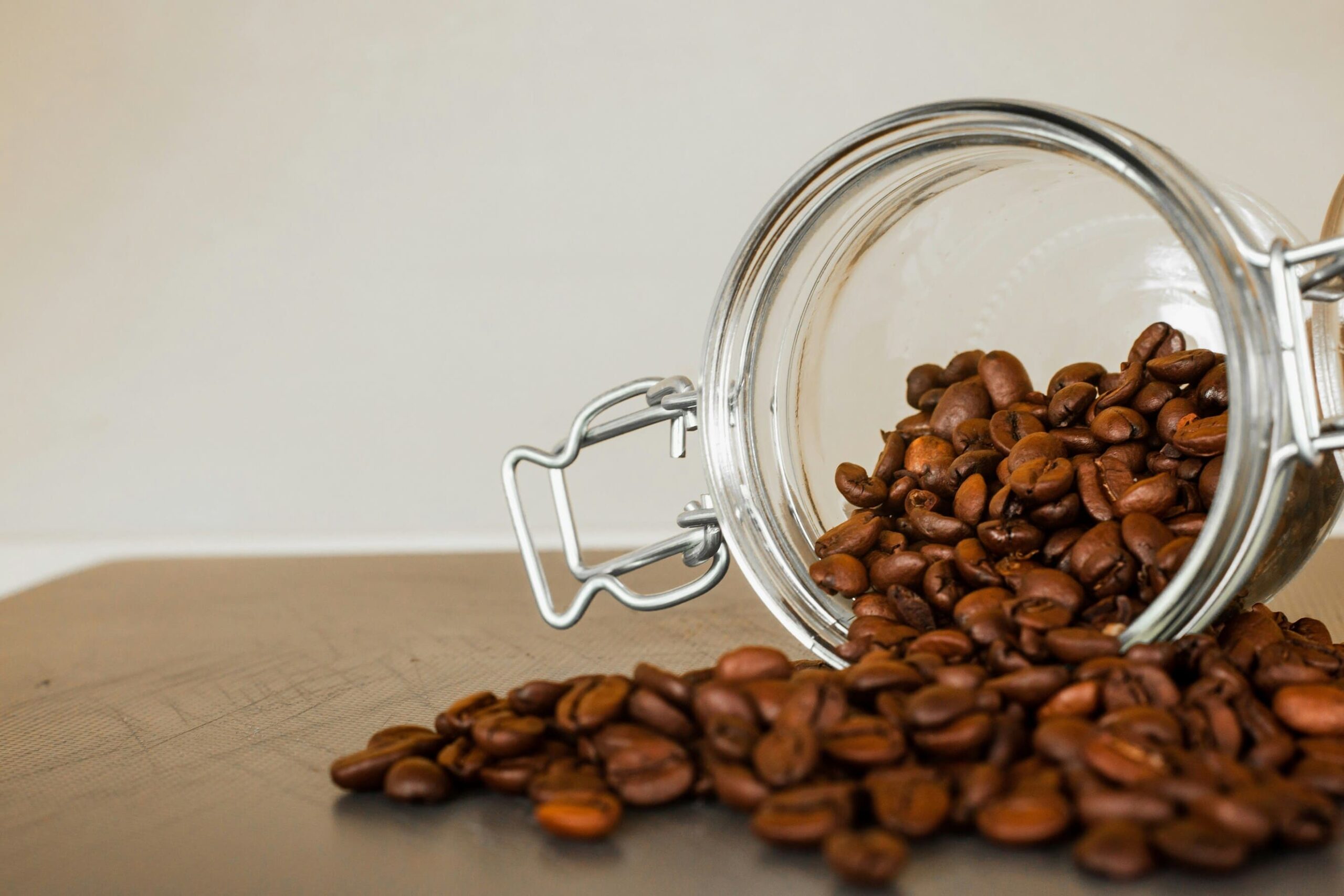ALL POSTS
ALL POSTS
Understanding White Coffee Worldwide
4 min read
Last edit: Jan 9, 2025

The terminology in the coffee industry can vary significantly depending on the geographical context and local customs, often leading to confusion. In different countries and regions, coffee drinks may be called differently depending on how they are prepared and what ingredients are used. Now, we will look at what “white coffee” is, how its interpretation varies across different countries, and what we should do with coffee beans to make them “white.”
“Bela Kava” in Slovenia
First, let’s understand what constitutes “white coffee” in the Slovenian context. Here, it is known as “Bela Kava,” and it is, for the most part, the equivalent of what we people in many other countries call a latte. This drink consists of coffee and hot milk, with coffee and milk usually mixed with a ratio of one part espresso to 3.5 parts foamed and steamed milk. It is popular among those looking for something gentler and less intense than classic coffee.
Latte in Italy
In other parts of the world, including Italy, you may hear the term “Café Latte.” Adding to the confusion is that in Italy, Latte is literally translated as milk. Tourists visiting Italy for the first time may encounter a situation where they order a Latte and receive a glass of plain milk. This drink has a similar essence: it is also a mixture of coffee and hot milk. Thus, “white coffee” in Slovenia and “Café Latte” in other countries essentially mean the same thing – a gentle beverage for lovers of milk.
Unique variations worldwide: from Malaysia to the United States
Different countries have their own variations of this drink. For example, in Malaysia, it is prepared with the addition of palm oil margarine, which gives the drink a special taste and texture. In the United States, white coffee beans might refer to yellow color light roasting.
However, there is another aspect associated with the term “white coffee,” which relates to the roasting of the coffee beans. In certain places, it refers to beans roasted to an extremely light degree. While dark roasts subject the beans to high temperatures ranging from 232-249 degrees Celsius, white coffee beans acquire their distinct characteristics through roasting at significantly lower temperatures of approximately 163 degrees Celsius.
The role of roasting: understanding light roast coffee
So, the key feature of such beans is that they are light-roasted. This means the beans are roasted at a lower temperature and for less time than traditional coffees. This gives it a light color and a sour flavor with distinct notes of creamy milk.
In many countries, this type of coffee is less popular than traditional varieties. In addition, confusion over names and the variety of coffee terms in different countries can make it difficult to find in coffee shops and stores.
Debunking the myth of “strong” white coffee
Now that we’ve cleared up the global and local definitions of “white coffee,” let’s turn our attention to a question that often comes up: does white coffee actually have more caffeine?
It should be noted that roasting coffee beans at low temperatures allows them to retain a large proportion of their natural flavors and quality. This makes white coffee more acidic than dark roast coffee, and, despite the apparent contradiction, it has a higher caffeine content compared to dark roasts.
First of all, let’s understand what determines the caffeine content in coffee. The amount of caffeine depends on several factors, including the type of coffee beans, roast, and preparation method. In the case of white coffee with a light roast, the caffeine may remain more retained than in the case of a long, dark roast.
However, don’t expect a drastic difference in caffeine content between both roasts. Some estimates suggest the difference may be only about 5%. Therefore, choosing white coffee due to its high caffeine content is not the best strategy for those looking for coffee with the maximum caffeine hit.
Health considerations: antioxidants and creamy coffee bliss
Now that we’ve cleared up some of the confusion surrounding the terminology of white coffee, let’s discuss the benefits of choosing this coffee over others. It is often associated with supposed health benefits. When coffee beans are lightly roasted, they keep more chlorogenic acid, an antioxidant that can be good for your heart and reduce inflammation. However, it is worth remembering that the health benefits of white coffee have not been proven by scientific research. The effects of antioxidants can be quite subtle, and such benefits are best viewed as a nice bonus rather than the main reason for drinking this drink.
When it comes to white coffee as a beverage with milk, it may have some health benefits. People suffering from heartburn should add milk to their coffee to reduce its acidity. It can also soften the effects of caffeine and make the drink more approachable for those who cannot tolerate strong bitterness.
Conclusion and flavorful possibilities
So, when it comes to white coffee, the key aspects are its unique taste, light roast, and pairing with milk. It doesn’t matter what you call this drink. What matters is that it can offer a smooth coffee experience with hints of creamy milk.
So feel free to add white coffee to your ration and enjoy its unique taste. As with any type of coffee, vary the milk and coffee content to suit your preferences and discover a world of coffee possibilities.
Would you like to learn more about other coffee roasters in Slovenia? Here are the guides.



